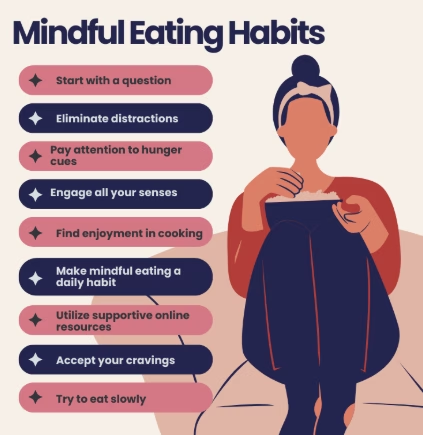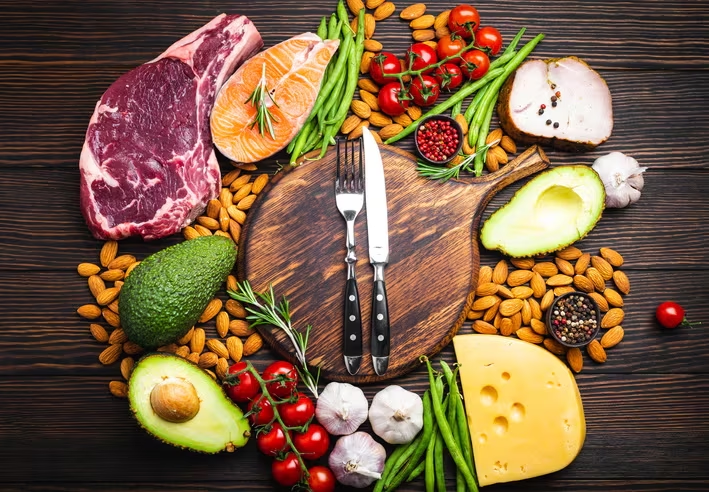In today’s fast-paced world, our relationship with food can often become tangled in the web of stress, guilt, and restrictive dieting. However, cultivating a positive bond with what we eat is pivotal for both mental and physical well-being. Embracing a holistic approach, as advocated by Slim180 Weight Loss, can transform our eating habits into a source of nourishment and joy. Here, we explore strategies to foster a healthy relationship with food, urging a shift from dieting mindsets to embracing wellness and mindfulness.
Understanding Your Eating Habits
Begin by observing your current eating patterns without judgment. This awareness allows you to recognize triggers and habits that may be detrimental. Mindful eating, which involves being present and fully engaged with the eating experience, can help you explore these patterns. It encourages savoring each bite, listening to your body’s hunger cues, and making conscious food choices. As Harvard Health suggests, this practice can reduce overeating and improve digestion.
Steps to Mindful Eating

- Pause before meals: Take a moment to breathe and appreciate the food you are about to consume.
- Chew thoroughly: Slow down your eating process to enhance digestion and flavor appreciation.
- Listen to your body: Eat when you’re hungry, and stop when you’re satisfied, not stuffed.
Shifting Away from a Dieting Mindset

Dieting often brings feelings of deprivation and can lead to a cycle of guilt and shame. Instead of labeling foods as “good” or “bad,” focus on how different foods make your body feel. Our goal should be to add nutritious foods to our diet rather than restrict them. This approach not only nourishes the body but also prevents overeating by satisfying cravings in a balanced way.
Embracing Nutrient-Dense Foods

Incorporating a variety of nutrient-rich foods can significantly enhance your health:
- Fruits and Vegetables: Aim to fill half your plate with colorful options rich in vitamins and antioxidants.
- Whole Grains: Choose grains like quinoa, brown rice, and oats that provide fiber and energy.
- Lean Proteins: Opt for sources like beans, tofu, and fish, which support muscle health and keep you full longer.
Incremental Changes for Sustainable Results

Transforming your relationship with food is a journey, not a sprint. Start with small, manageable changes to your eating habits. This gradual approach can yield substantial long-term health benefits and cultivate a sense of achievement and empowerment.
Strategies for Incremental Change
- Set realistic goals: Begin with achievable targets, like adding a serving of vegetables to every meal.
- Track your progress: Use a journal or app to monitor your eating habits and celebrate milestones.
- Seek support: Consult weight loss counselors and behavioral health experts for personalized advice.
By embracing these strategies, we can develop a positive, nurturing relationship with food that transcends the confines of dieting. This new perspective enriches our physical health and promotes emotional well-being, empowering us to enjoy every meal with gratitude and mindfulness.

